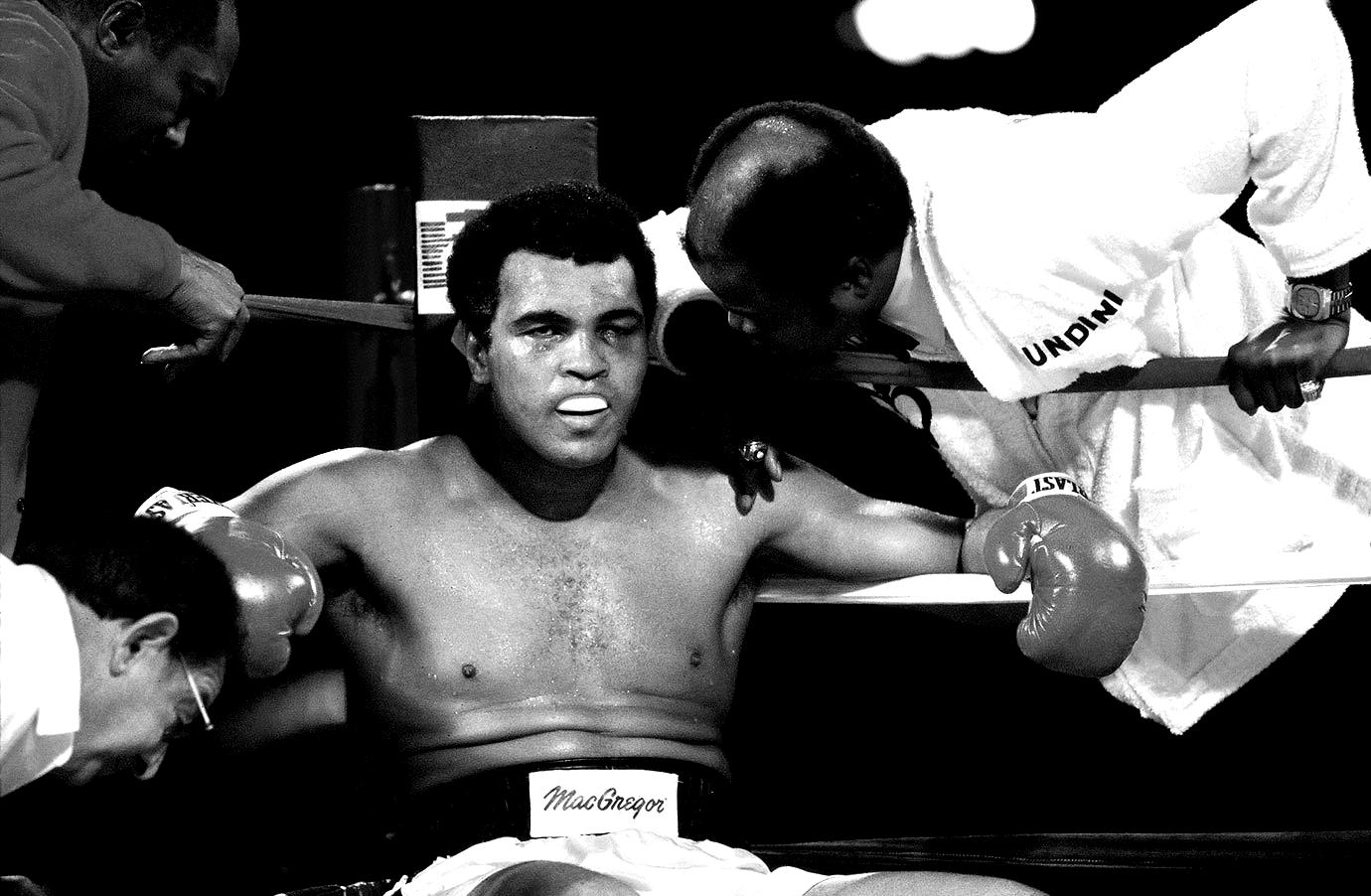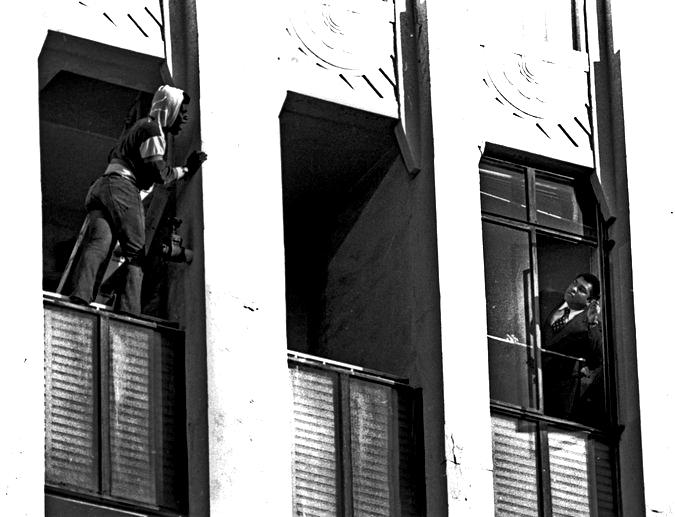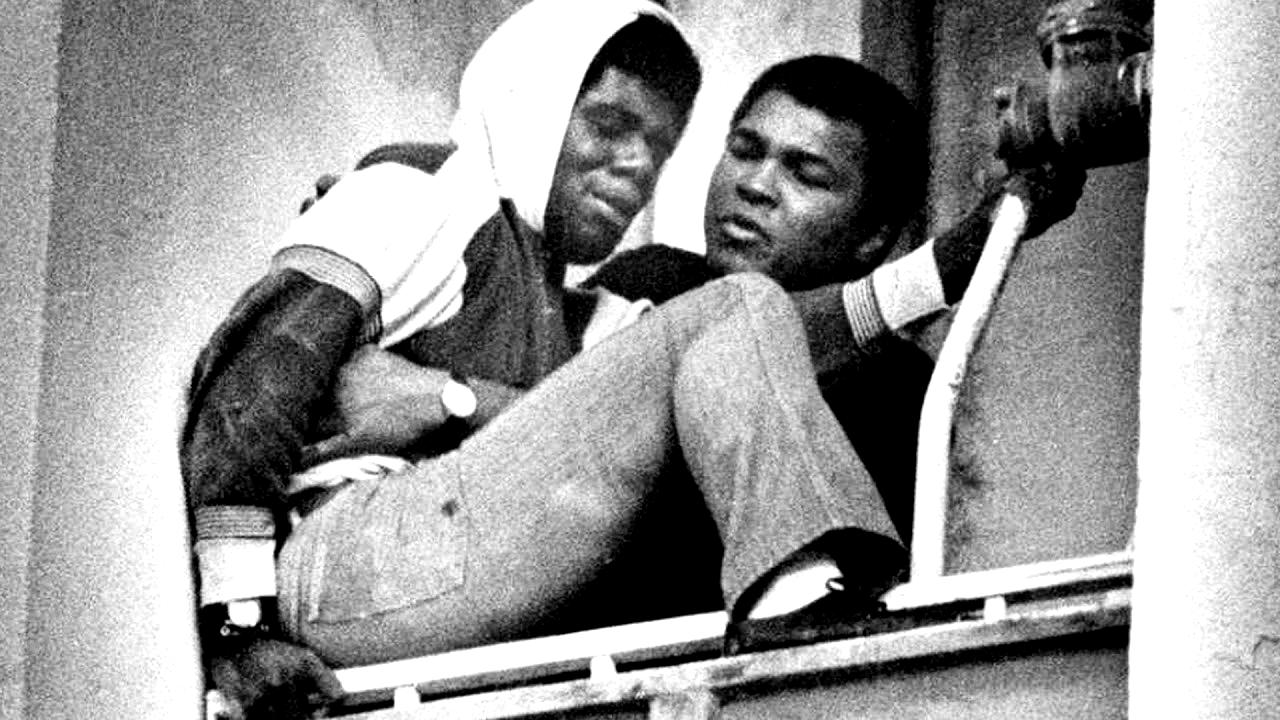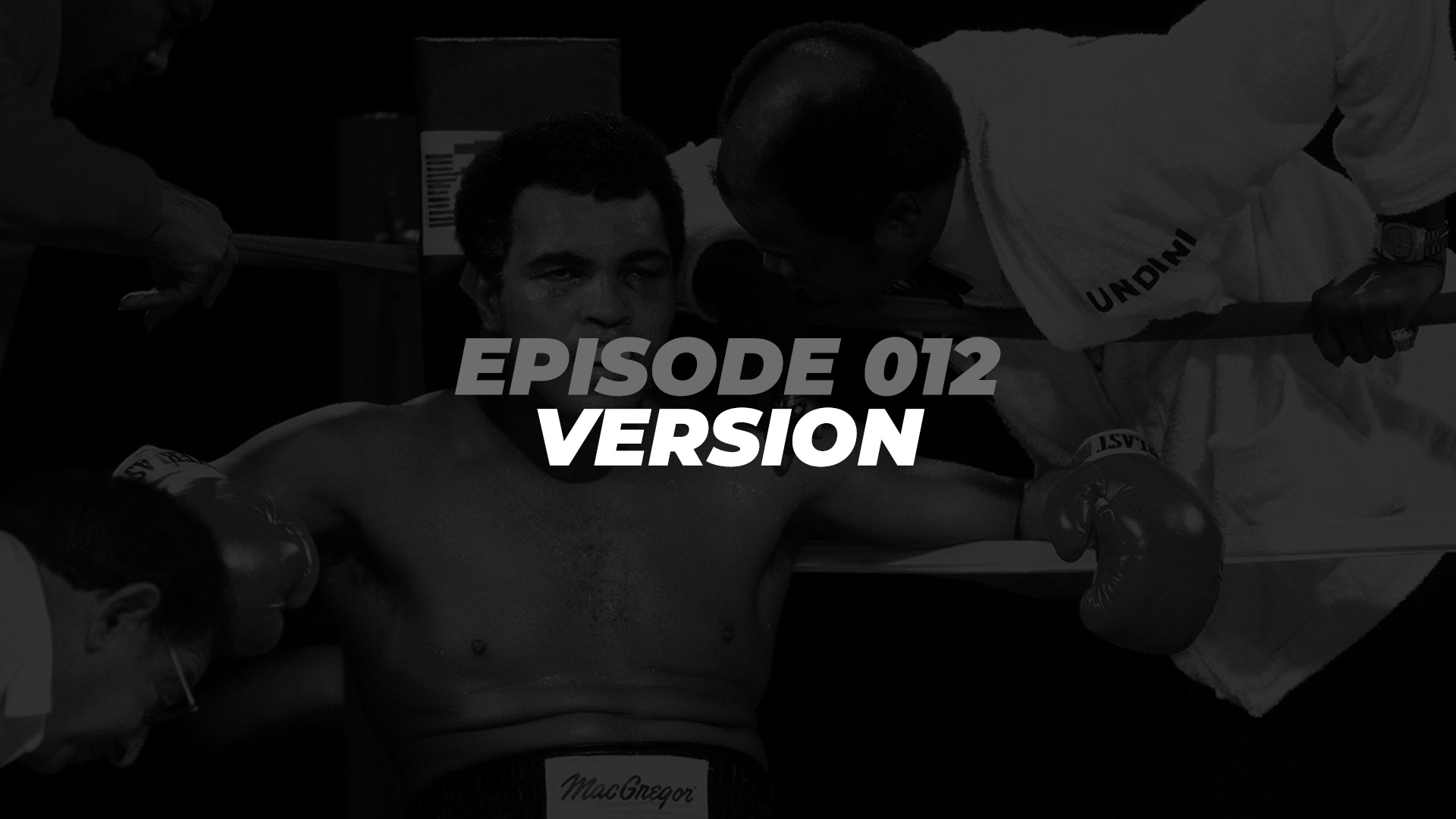On Oct. 2, 1980, Larry Holmes humiliated Muhammad Ali in a matchup billed as “The Last Hurrah.” Though the 38-year-old Ali had flunked a pre-fight neurological exam, the Nevada State Athletic Commission licensed him anyway. Ali’s corner stopped the fight after 10 rounds; Holmes cried in an interview afterwards, seeming to regret the beatdown. “All the people involved in this fight should’ve been arrested. This fight was an abomination, a crime,” said Ferdie Pacheco, Ali’s former ring doctor. “Tired, punched, and punchless, Muhammad Ali ran out of miracles last night,” said ABC’s Dick Schaap.

Three months later, with his boxing glory long since past, Ali found another miracle. “Former heavyweight champions slip out of the news as easily as ex-presidents, but Muhammad Ali was never your garden-variety champion of all the world,” said Walter Cronkite on the Jan. 20, 1981, edition of the CBS Evening News. “Yesterday in Los Angeles, he responded like a superhero when a distraught man threatened suicide.”
Ali spent three and a half years of his athletic prime stripped of his boxing license for protesting the very war that haunted Joe. Perhaps he felt a kinship with the vet. Or perhaps it was something else. One of the main things Lipsyte remembers about Ali was “the narcissism, the wanting to be loved, the need for constant attention.” What kind of guy gets in his car and drives toward a potential suicide, to save the life of a man he has never met?
A United Press International story published on Jan. 20, 1981, has more details on how Ali came to the scene.
Police negotiators tried for hours to persuade the man to come inside the building. Ali, who was told of the suicide threat by his public relations manager, talked to the depressed man for about 20 minutes.
Howard Bingham. All’s public relations manager, said he first saw the man on the ledge and when he asked police if Ali could help, they told him no.
“I went back to my car and called Ali anyway,” Bingham said. “I told Ali there was a guy up here on a building about a mile from his house and maybe he could get through.
“About four minutes later, Ali comes driving up the wrong side of the street in his Rolls-Royce with his lights blinking,” Bingham said.

The Los Angeles Times photographer Boris Yaro watched Ali run into the building and took photographs of what happened next. One captures the fighter, in a dark suit and tie, his smooth face expressionless, leaning out a window, peering almost casually around a pillar to get a look at Joe. Yards away, Joe is balanced on a ledge, one foot in front of the other, gripping a pillar as he leans out over empty space. The effect is nauseating: In trying to get a better look at Ali, Joe’s at risk of falling to his death.
An Associated Press piece claims that “people on the ground urged the distraught 21-year-old man to jump. But Muhammad Ali, the former heavyweight boxing champion, promised to help him find a job and talked the man down from a ninth-floor fire escape.” When the man saw Ali, he reportedly shouted, “It’s really you!”
Policemen, a psychologist and a police chaplain tried unsuccessfully to talk to him, said Sgt. Bruce Hagerty, who described the man as “a very distraught, mixed-up young man.”
“Joe,” as he was named in reports, had been up there for hours. According to a police spokesman, “he seemed to think he was in Vietnam — with the Viet Cong coming at him.” A crowd gathered on the street below, goading Joe to jump to his death. Police officers, a psychologist and a chaplain leaned out of a nearby window, imploring him to come inside. “I’m no good,” he shouted, dangling his feet over the side whenever someone got too close. “I’m going to jump!” The man, who was too young to have served in Vietnam, “was talking Army jargon … He said the Viet Cong were out there,” Hagerty said.

By The Los Angeles Times account, Ali leaned out and shouted to Joe: “You’re my brother! I love you, and I couldn’t lie to you.” Soon, he made his way to the fire escape, put an arm around Joe and guided him inside. The two walked out of the building together, ignoring cheering onlookers, got in Ali’s Rolls-Royce limousine and drove, after a stop at a police station.
Ali then accompanied the man to a Veterans Administration Hospital, where police said the man would undergo a 72-hour mental examination.
Los Angeles police gave Ali all the credit for talking the man down. “No doubt about it, Ali saved that man’s life,” a police spokesman told the AP.
The AP story quotes Ali as saying that the man, who was never identified, “was just depressed. He couldn’t find work. His father and mother don’t like him. He don’t get along with his family. He wants to be somebody.”
The day Ali saved Joe’s life, he had already begun to crumble. He was five years removed from “The Thrilla in Manila,” the fight against Joe Frazier that many believe irrevocably destroyed something inside him. Back in October, he fought his friend and former sparring partner Larry Holmes, who gave him a beat down so vicious that Ali didn’t come out for the 11th round; afterward, Holmes was reduced to tears. In three short years, Parkinson’s would be diagnosed. But as Robert Lipsyte — a former Times reporter who has spent much of his life chronicling Ali’s — remembers it, Ali was still “the most beautiful creature on the planet.”

The Bottom Line
INFLUNSR defines humility as choosing first to go last. You can give, you can help, you can serve others, you can do the kindest acts, but do you do it with pride? Do you do it to be noticed? Do you do it to be seen as nice? Even though you conceal it do you hope people see you?
Do you look down upon others? If you did would you admit that you struggle with looking down upon others? Is everything and everyone a competition to you?
Do you think that you are better than others or entitled to more than others because of how smart you, how you look, what you own, how much you make, your achievements, etc.? We can struggle with pride in so many different ways and never notice it. Do you always want to be right? Are you quick to admit that you’re wrong?
Read Luke 14:8-10 not and think about its ramifications…
“When you are invited to a wedding feast, don’t sit in the seat of honor. What if someone who is more distinguished than you has also been invited? The host will come and say, ‘Give this person your seat.’ Then you will be embarrassed, and you will have to take whatever seat is left at the foot of the table! Instead, take the lowest place at the foot of the table. Then when your host sees you, he will come and say, ‘Friend, we have a better place for you!’ Then you will be honored in front of all the other guests.”


